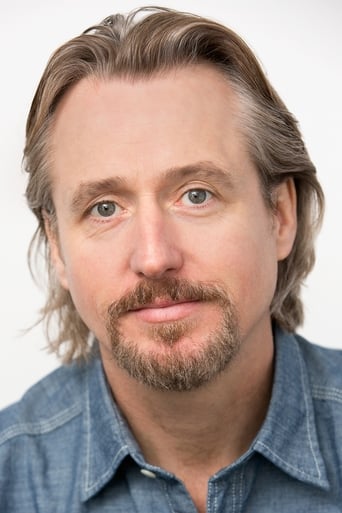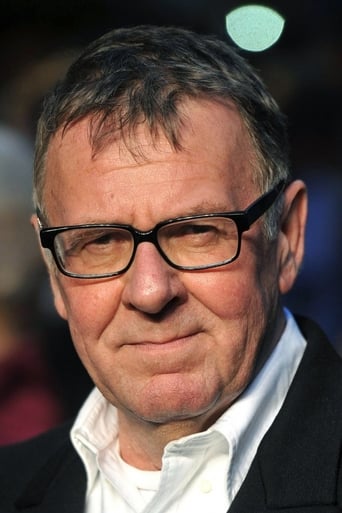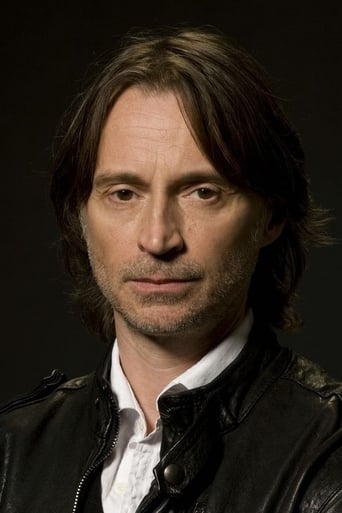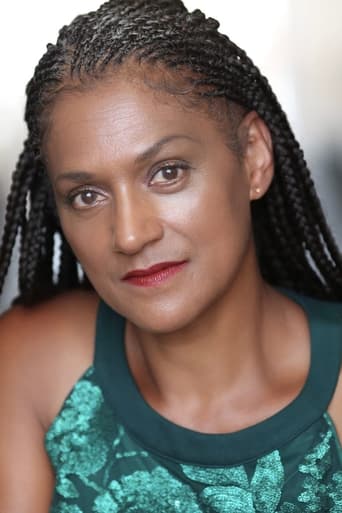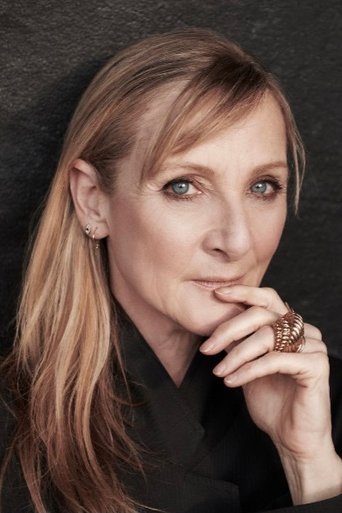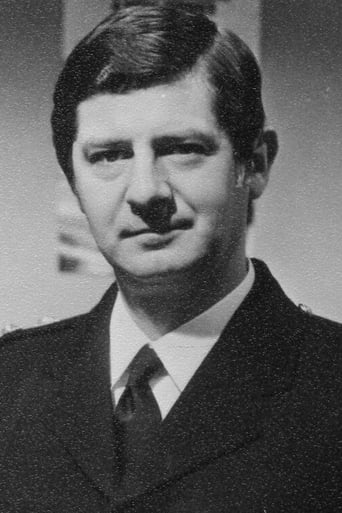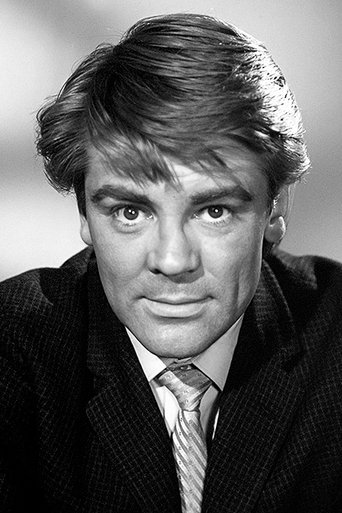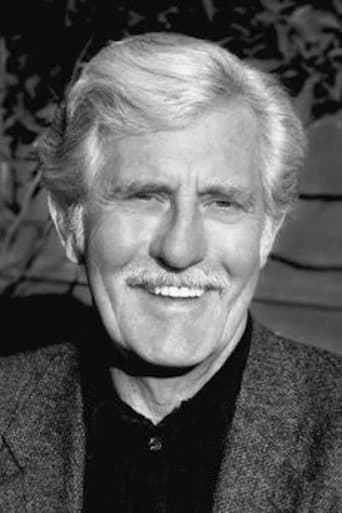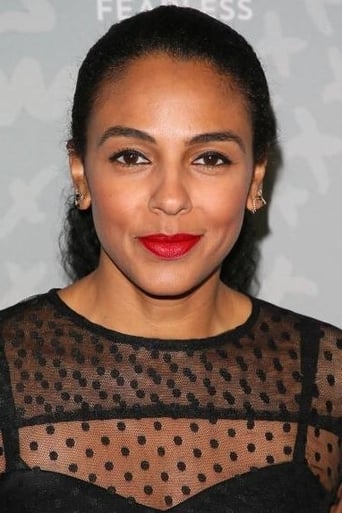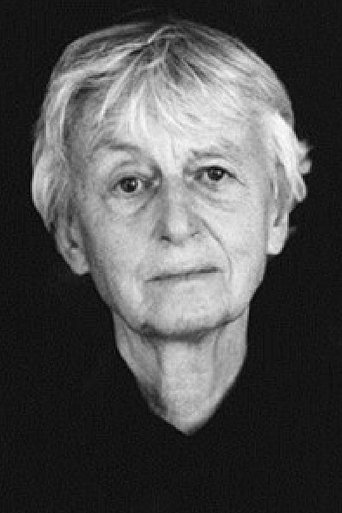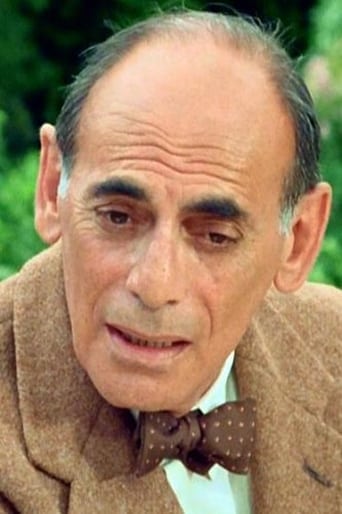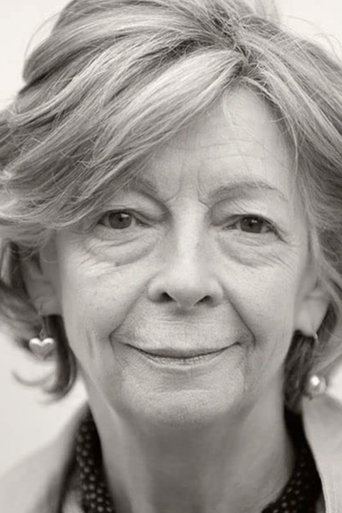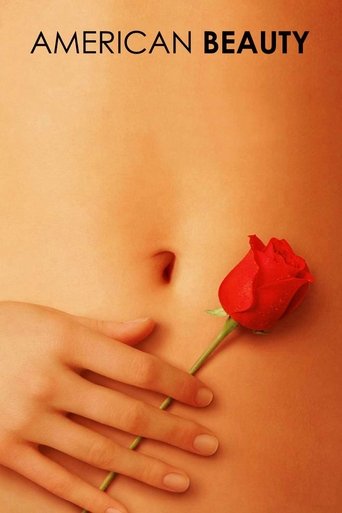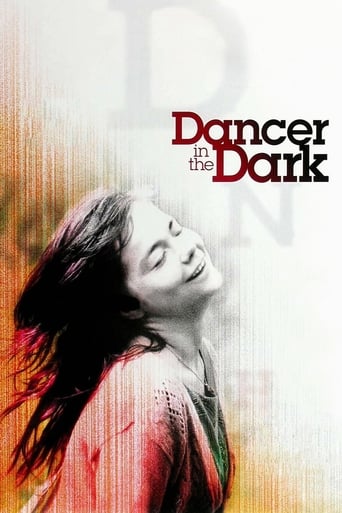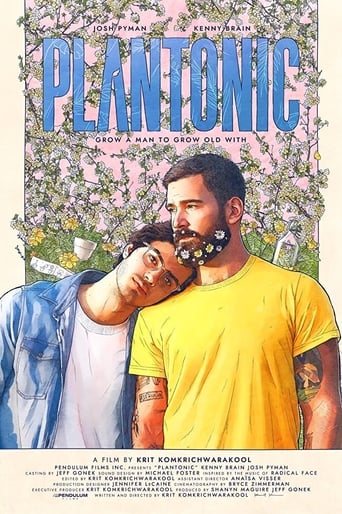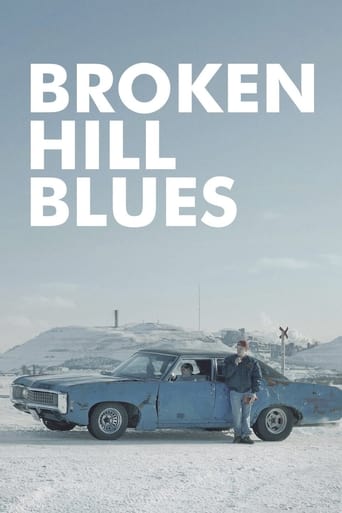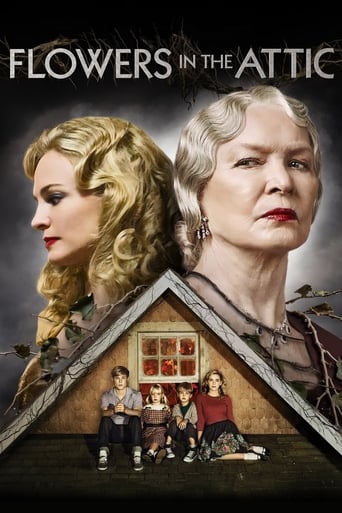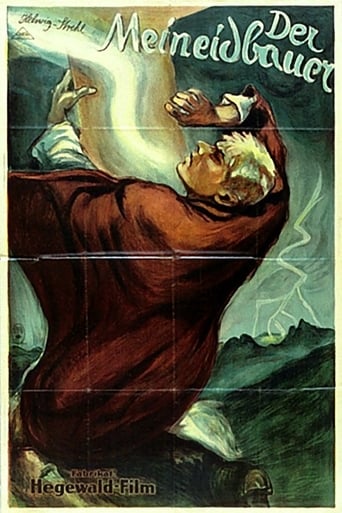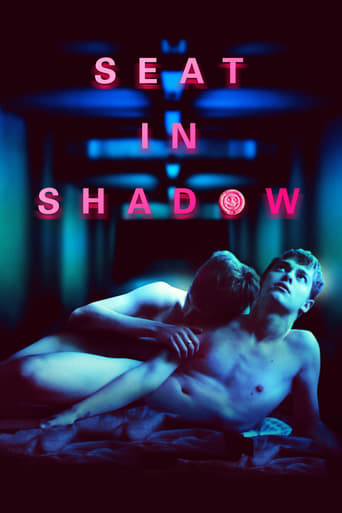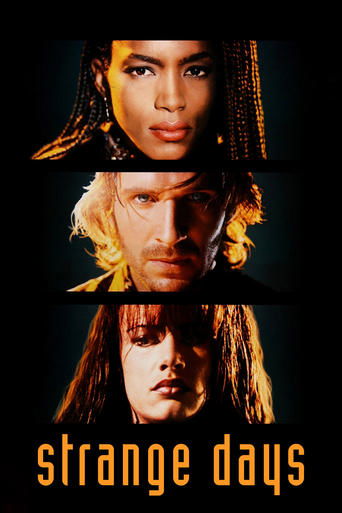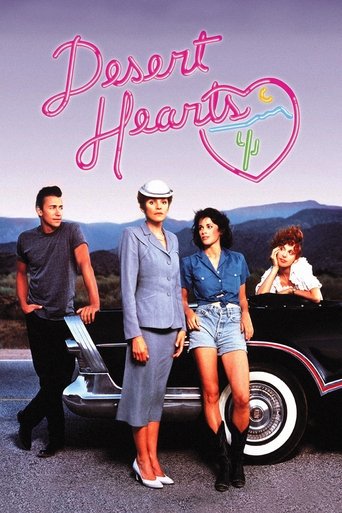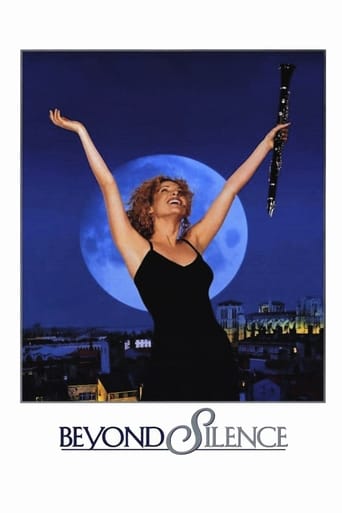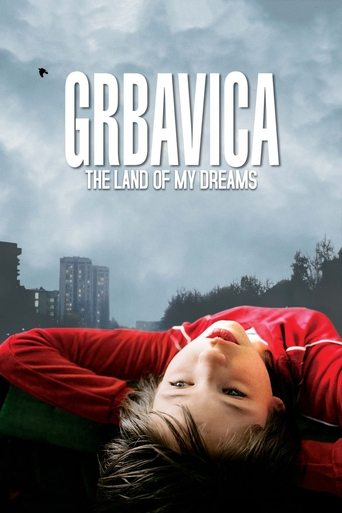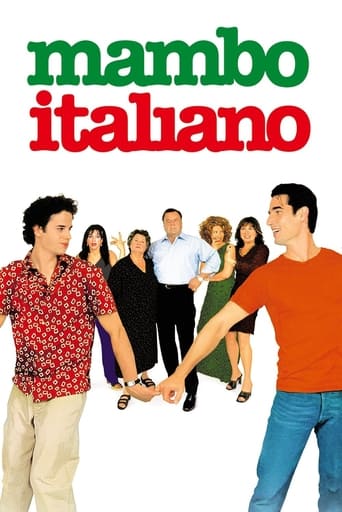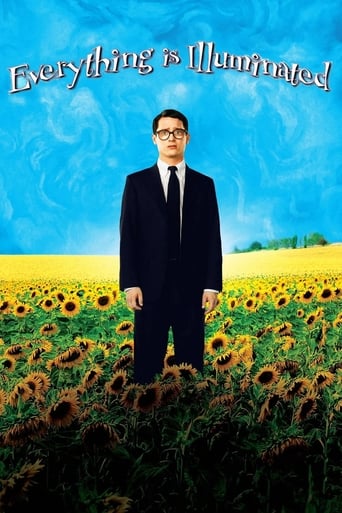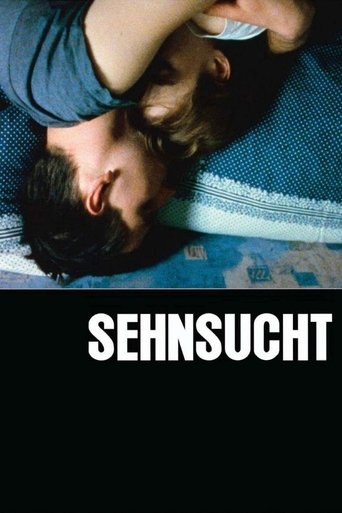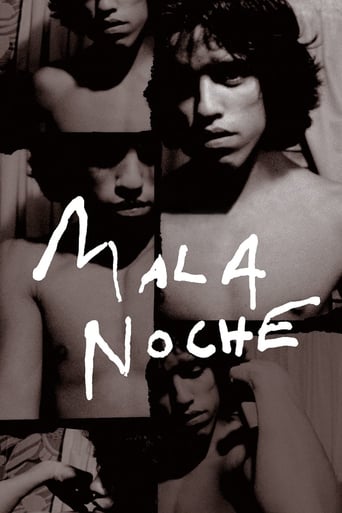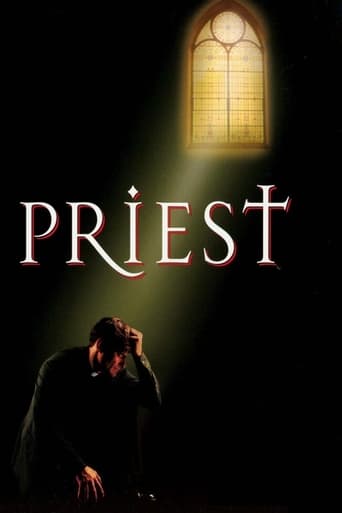
Priest (1995)
Father Greg Pilkington is torn between his call as a conservative Catholic priest and his secret life as a homosexual with a gay lover, frowned upon by the Church. Upon hearing the confession of a young girl of her incestuous father, Greg enters an intensely emotional spiritual struggle deciding between choosing morals over religion and one life over another.
- Antonia Bird
- Jimmy McGovern
Rating: 6.4/10 by 128 users
Alternative Title:
Country:
United Kingdom
Language:
English
Runtime: 01 hour 38 minutes
Budget: $0
Revenue: $4,176,932
Plot Keyword: faith, conservative, church, united kingdom, catholic priest, crisis of faith, woman director, abuse, gay theme, gay priest
Good Movie, good acting, has not dated as much as you would expect.
**A complex film, with a script that covers many issues at the same time.** Before I start writing my review, I think I should leave a note of personal context: I am a Catholic, a regular practitioner, and I live in a country where almost all the population also declares themselves Catholic, although with fluctuating regularity in the mass, a youth increasingly strange to faith and spirituality (or permeable to different ways of living it) and a growing number of foreign immigrants with other beliefs. Therefore, I see this film with the eyes of someone who belongs to the Church and who knows it deeply. The film brings us a very intense and dramatic story where, after replacing another older priest, a reasonably orthodox and rigorist young priest is confronted with an older coadjutor who has radically different ideas. In addition to this ideological clash, the young priest will have to fight against his own homosexual impulses, ending up falling into temptation and disgrace with his superiors and community. In between, there is also an issue about the celibacy of one of these priests and another, involving a minor sexually abused by an incestuous father. I can understand how uncomfortable this film was for Catholics in 1994. Even though the film was released thirty years ago, its story could not be more current. In 1994, the Church was still guided by John Paul II who, despite the merit of having traveled, faced complex political and social issues and opened the corridors of the Vatican to the world, was also ultra-conservative in moral matters. Today, Pope Francis invites us to adopt a more open and understanding position, as we see in his most recent encyclical, “Fiducia Supplicans”, where he invites the acceptance not only of homosexuals, but also of divorced and remarried people. Remembering the unifying role of the Church, where everyone must find a place to speak with God regardless of their sins, the Pope invites us not to condemn them, which does not mean that homosexual acts have ceased to be a sin in the eyes of the Church. What the Supreme Pontiff reminds us is that it is God who must judge sins, not us. Of course, there has been a lot of controversy around this, and if the Pope's words of tolerance can still scandalize the faithful and clergy today, imagine what this film would have done thirty years ago! In addition to this, we have the confrontation between pure orthodoxy and the socialist ideas of Liberation Theology, which in the 90s still existed among some theologians and priests in South America and some African countries, in addition to a strong “nip” at the issue of celibacy, mandatory for Catholic priests and increasingly contested, including by themselves, given its unnatural nature. Not being a moral or dogmatic issue, the Pope can change this rule whenever he wants, but Francis is not that liberal. The script, as we can see, is very rich and raises very complicated questions, not only from an ecclesiastical point of view but also from a moral point of view. However, I felt that the film, by going off in so many directions, ended up not exploring any of them and focusing more on the “gay friendly” plot, which would be easier to sell at the box office. Remember that it was at this time that the homosexual movement took its first steps in Europe, imported from the United States. The second part of the film is particularly poorly done, with excessive melodrama and weak solutions to all the problems previously created. Technically, the film is quite good: the cinematography is average, but the sets and costumes make up for it, as does the careful way in which the liturgy was recreated and staged. The pacing is pleasant, considering things as they are, and the nude scenes are reasonably tolerable in the context in which they are found. Linus Roache heads a strong and competent cast, and does a very worthy job. However, Tom Wilkinson seems stronger and more impactful, and steals the spotlight whenever they both work together. Cathy Tyson and Robert Carlyle give us good supporting performances.

